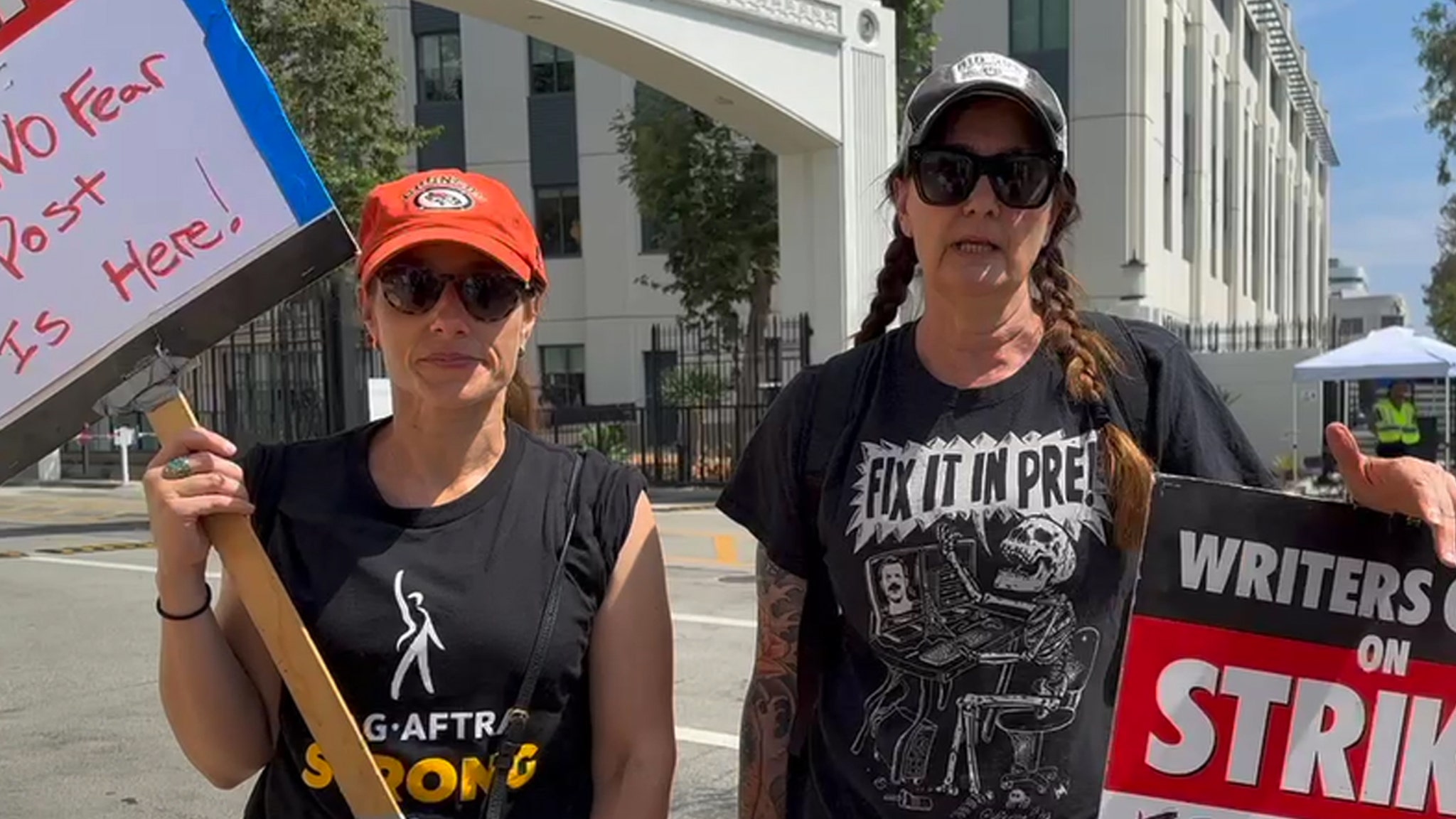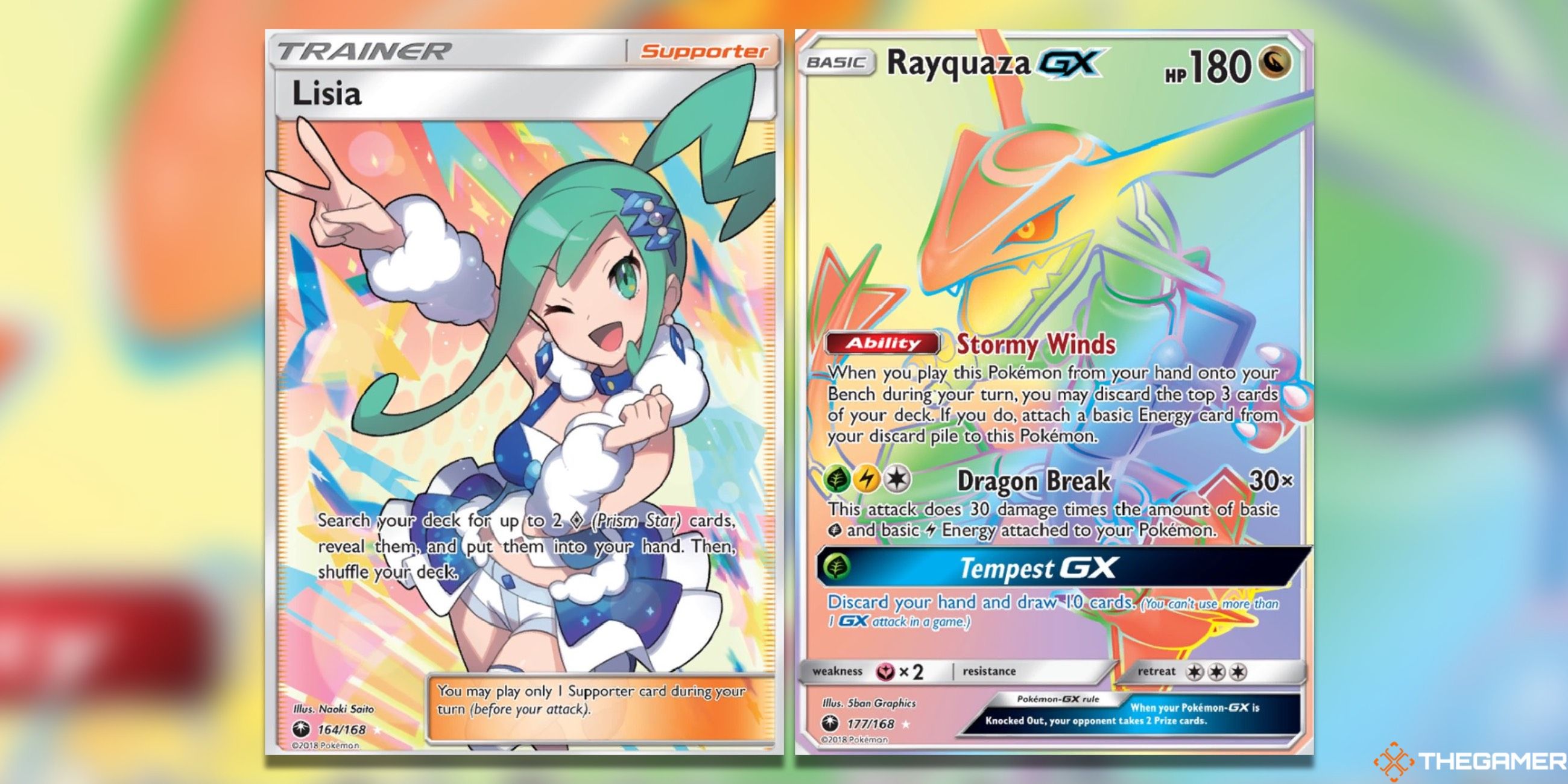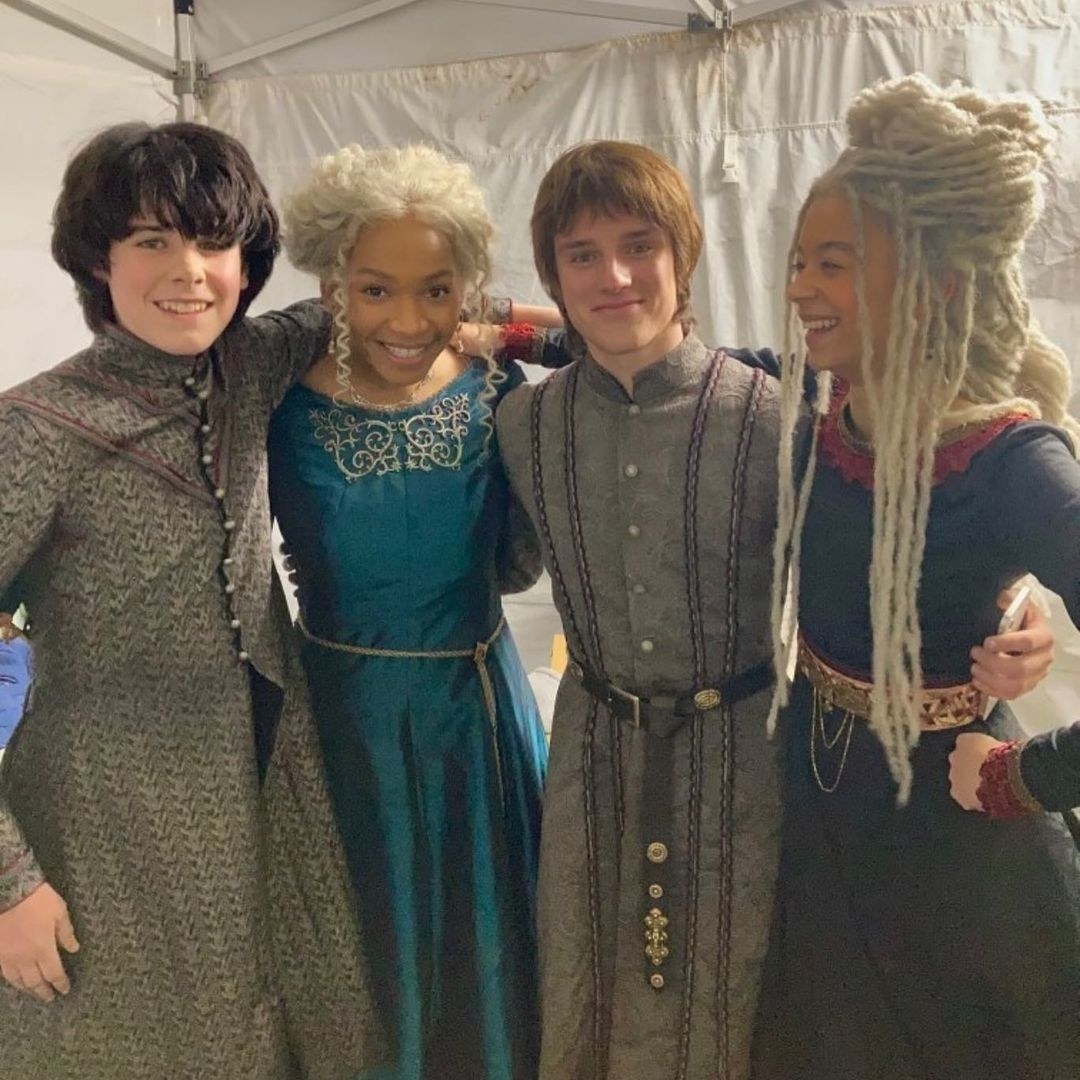Hollywood Production Grinds To A Halt Amidst Joint Actors' And Writers' Strike

Table of Contents
The Core Demands of the Writers' Strike
The writers' strike, which began earlier this year, highlights the significant challenges faced by screenwriters in the modern entertainment landscape.
Fair Wages and Residuals in the Streaming Era
Streaming services have fundamentally altered the economics of television and film. Traditional methods of compensation, which included hefty residuals from syndication and DVD sales, have been significantly diminished in the streaming era. Writers are now demanding a fairer share of the massive profits generated by streaming platforms.
- Minimum staffing levels: Writers are pushing for increased staffing on television shows to ensure fair workloads and prevent exploitation.
- Increased residual payments for streaming platforms: The demand for a more equitable system of residuals reflects the massive profits streaming platforms are generating, a share of which writers believe they deserve.
- Transparency in streaming revenue: Writers are calling for greater transparency in how streaming services calculate and distribute their revenue.
Protecting Writers' Rights in the AI Age
The rapid advancement of artificial intelligence poses a significant threat to writers' livelihoods. The WGA is deeply concerned about the potential for AI to be used to replace human writers, generating scripts and stories without proper compensation or credit.
- Safeguards against AI-generated content: The writers are seeking contractual provisions that protect their intellectual property and prevent studios from using AI to replace human creativity.
- Negotiating clauses to prevent unauthorized AI usage: This includes specific clauses within contracts that explicitly prohibit the use of AI-generated content without the writer's consent and appropriate compensation.
- Ensuring proper credit and compensation for human writers: Writers are fighting for clear guidelines and protocols to ensure they receive credit and fair compensation for their work.
The Actors' Strike: Beyond Fair Wages
SAG-AFTRA's strike, occurring concurrently with the WGA strike, amplifies the concerns and demands of actors within the industry. While fair compensation is a central issue, it extends beyond simple wages.
Fair Compensation and Residuals
Similar to writers, actors are facing the consequences of the streaming revolution. The traditional model of compensation, which included significant residuals from television syndication and home video sales, has diminished considerably, leaving many actors struggling to make a living.
- Reduced residual payments for streaming platforms: Actors are demanding fairer residuals reflecting the increased viewership and profitability of streaming services.
- Shorter contract periods: The actors are negotiating shorter contracts to avoid being locked into unfavorable deals for extended periods.
- Minimum compensation standards for streaming projects: Actors want to establish clear minimum compensation levels, ensuring fair pay regardless of the platform.
The Impact of AI and Self-Tape Auditions
The use of AI in casting processes and the prevalence of self-tape auditions are additional concerns for actors. These practices devalue actors' work and create exploitative conditions.
- Regulation of AI in casting: Actors are seeking regulations to prevent the misuse of AI in casting and to protect their rights and prevent bias.
- Fair compensation for self-tape auditions: Actors are demanding better compensation for the time and effort involved in producing self-tapes, which has become increasingly common.
- Improved working conditions: The strike also calls for improved working conditions, addressing issues such as excessive working hours and fair treatment on set.
The Ripple Effect on Hollywood Production
The simultaneous strikes by actors and writers have had a devastating impact on Hollywood production.
Delayed Film and Television Releases
Numerous film and television projects are facing significant delays, leading to uncertainty for studios and audiences alike.
- Postponed movie releases: Major studio releases are being delayed, impacting box office revenues and release schedules.
- Halted television production: Production on countless television series has come to a complete standstill, delaying premiere dates and potentially impacting future seasons.
- Financial consequences for studios: The delays are creating significant financial burdens for studios, impacting investment returns and future productions.
Economic Impact on Related Industries
The ripple effects of the strike extend beyond actors and writers. Many related industries are experiencing job losses and economic hardship.
- Job losses in catering, transportation, and post-production: These industries, vital to Hollywood production, are facing widespread layoffs and reduced work.
- Economic hardship for local businesses: Businesses that rely on the film industry for revenue are suffering from reduced activity and lost income.
- Negative impact on the broader California economy: The entertainment industry is a significant part of California’s economy, and its disruption has far-reaching implications.
The Future of Hollywood Production
The long-term effects of this dual strike remain uncertain. It could fundamentally alter the landscape of Hollywood, potentially impacting production methods, compensation structures, and the relationship between studios and creatives.
- Potential for increased streaming regulation: The strikes could lead to increased government scrutiny and regulation of streaming services.
- Renegotiation of traditional compensation models: The existing compensation models, especially regarding residuals, are likely to undergo significant changes.
- Increased use of independent production models: The strike could further accelerate the shift towards independent production models, empowering creators but also potentially leading to less stability for workers.
Conclusion: The Future of Hollywood Production After the Strike
The dual actors' and writers' strike represents a pivotal moment in the history of Hollywood. The core issues of fair wages, the impact of streaming, and the rise of AI are forcing a crucial reckoning within the entertainment industry. The long-term consequences remain uncertain, but the strike underscores the need for a fair and sustainable future for creatives in the ever-evolving landscape of entertainment. To stay informed about the ongoing Hollywood production shutdown, actors' strike, and writers' strike, follow updates from the WGA, SAG-AFTRA, and reputable news sources covering the entertainment industry. The future of Hollywood depends on a resolution that ensures fairness and protects the creative talent that drives the industry forward.

Featured Posts
-
 Live Nations Antitrust Battle Dojs Venue Control Claim
May 29, 2025
Live Nations Antitrust Battle Dojs Venue Control Claim
May 29, 2025 -
 Los Angeles Wildfires A Reflection Of Our Times Through The Lens Of Betting Markets
May 29, 2025
Los Angeles Wildfires A Reflection Of Our Times Through The Lens Of Betting Markets
May 29, 2025 -
 Everything You Need To Know About The Nike Air Max Dn8
May 29, 2025
Everything You Need To Know About The Nike Air Max Dn8
May 29, 2025 -
 A Comparative Analysis Of Pokemon Cards In Pocket Celestial Guardians
May 29, 2025
A Comparative Analysis Of Pokemon Cards In Pocket Celestial Guardians
May 29, 2025 -
 No Go For Liverpool And Man United Bayern Munichs Transfer Decision
May 29, 2025
No Go For Liverpool And Man United Bayern Munichs Transfer Decision
May 29, 2025
Latest Posts
-
 Behind The Scenes Of Dragons Den One Investors Honest Account
May 31, 2025
Behind The Scenes Of Dragons Den One Investors Honest Account
May 31, 2025 -
 The Pursuit Of The Good Life Cultivating Inner Peace And Joy
May 31, 2025
The Pursuit Of The Good Life Cultivating Inner Peace And Joy
May 31, 2025 -
 Understanding And Cultivating The Good Life
May 31, 2025
Understanding And Cultivating The Good Life
May 31, 2025 -
 New Padel Court Proposal For Bannatyne Health Club In Essex
May 31, 2025
New Padel Court Proposal For Bannatyne Health Club In Essex
May 31, 2025 -
 75 Year Old Duncan Bannatyne And 45 Year Old Wife Support Operation Smile In Morocco
May 31, 2025
75 Year Old Duncan Bannatyne And 45 Year Old Wife Support Operation Smile In Morocco
May 31, 2025
